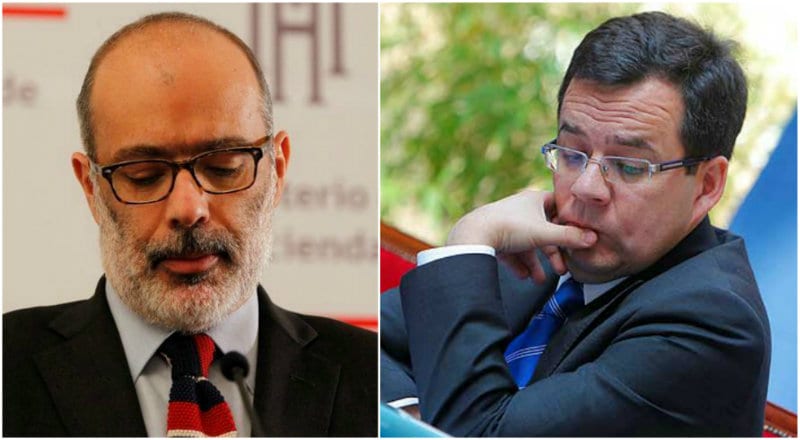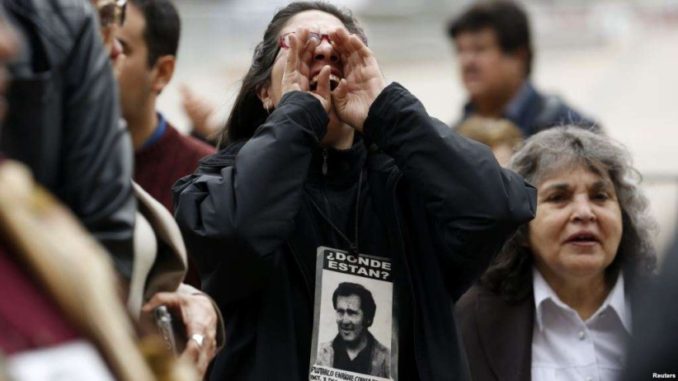
SANTIAGO – Protesters have clashed with police during a march in solidarity with the victims from the Augusto Pinochet era, a 17-year dictatorship which began on September 11, 1973.
On Sunday, thousands of protesters filled the streets of Santiago Sunday to commemorate the victims of the US-backed military coup and the cruel dictatorship of General Pinochet.
The coup d’état was staged against Salvador Allende, Chile’s first democratically-elected president, with the backing of the CIA on September 11, 1973. A leftist, Allende refused to leave the presidential palace even as it was bombed by Pinochet’s forces. He reportedly gave a live farewell speech on the radio and then shot himself as Pinochet’s troops approached.
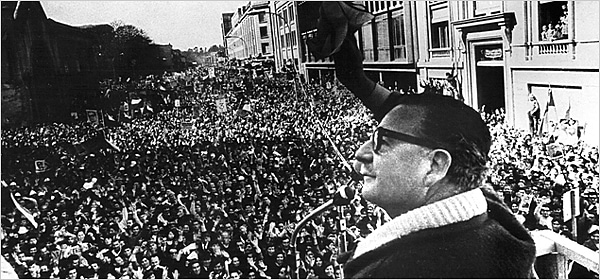
Beginning in the Plaza Los Heroes, the participants paraded the capital city to the General Cemetery where a memorial for victims of the 1970 coup was honored with wreaths of flowers and heartfelt speeches from members of the community.
The demonstration soon triggered clashes outside the cemetery. Police used water cannon and tear gas to disperse the protesters, who threw rocks, Molotov cocktails, and bottles back at the cops.
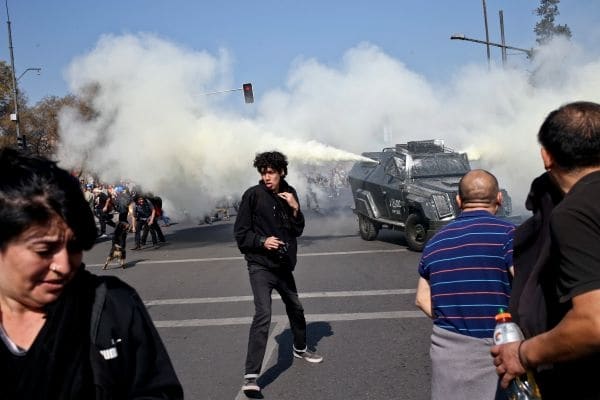
Coup anniversaries have triggered violent protests in Chile in the past, as both Allende and Pinochet are divisive figures in the South American nation.
More protests will take place across Chile tomorrow as thousands demand truth, justice and an end to impunity 45 years after Pinochet’s brutal coup.
The Association of Relatives of Executed Politicians has accused Chile’s conservative President Sebastian Pinera of colluding with Supreme Court judges to lead a nationwide “impunity campaign.”
MARCHA 9 de septiembre de 2018 Metro Los Héroes 10:00 hrs. A 45 años de la dictadura cívico-militar seguimos resistiendo ¡Chile exige Verdad y Justicia ahora! ¡Impunidad jamás! Convoca @CoordinadoraDH #AllendeVive #NoALaImpunidad #DDHH #TodaLaVerdadTodaLaJusticia pic.twitter.com/4lkK1grw6L
— AFEP Chile (@AFEPChile) September 8, 2018
Mr. Pinera issued a pardon in June for former colonel Rene Cardemil who had been sentenced to 10 years in prison for executing six people in October 1973.
And just weeks later, the Supreme Court released a group of soldiers who were convicted of crimes against humanity during the Pinochet dictatorship.
Nearly 3,200 people died or disappeared in political violence and about 28,000 others were tortured during Pinochet’s dictatorship, which lasted until 1990, according to government accounts.
From 1990 to 1998, Pinochet continued to serve as commander-in-chief of the Chilean army and then became a senator-for-life. However, he was arrested under an international arrest warrant on a visit to London on October 10, 1998 in connection with numerous human rights violations. Following a legal battle, he was released on the grounds of poor health and returned to Chile on March 3, 2000.
In 2004, Chilean Judge Juan Guzman Tapia ruled that Pinochet was medically fit to stand trial and placed him under house arrest.
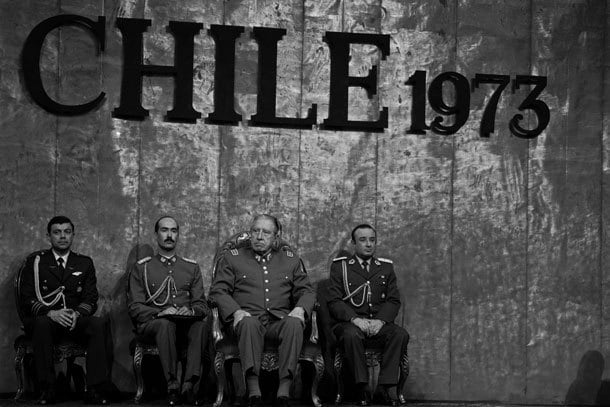
By the time of his death on December 10, 2006 at the age of 91, about 300 criminal charges were still pending against him in Chile for numerous human rights violations during his 17 years of rule. He was also accused of tax evasion, embezzlement, and illegally amassing at least $28 million.
Last month, the country’s Supreme Court ordered the seizure of $1.6 million of the late dictator’s assets in a corruption scandal.
Three retired military officers were also sentenced to four years of prison for “misappropriation of public funds,” the judiciary said in its ruling on August 24.
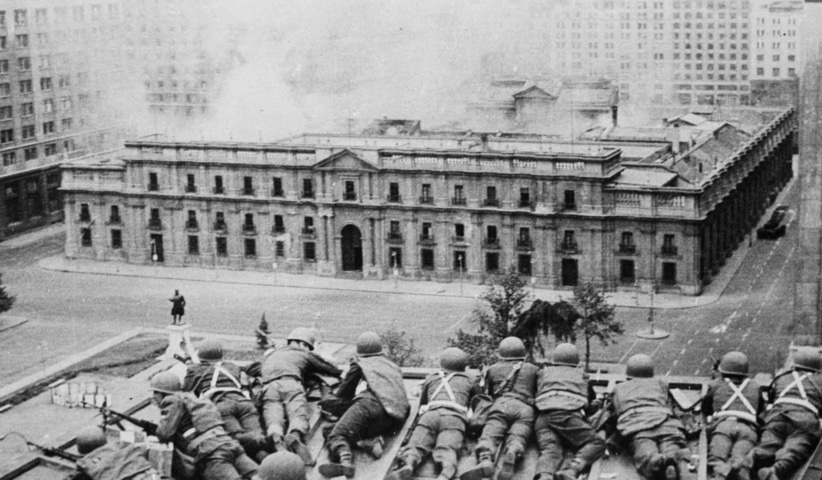
The decision settles a scandal known as the Riggs Bank case that came to light in 2004, two years before Pinochet died, with the revelation of around 100 bank accounts opened in the name of Pinochet and family members in the United States-based and now-defunct Riggs Bank and other financial institutions outside of Chile.


